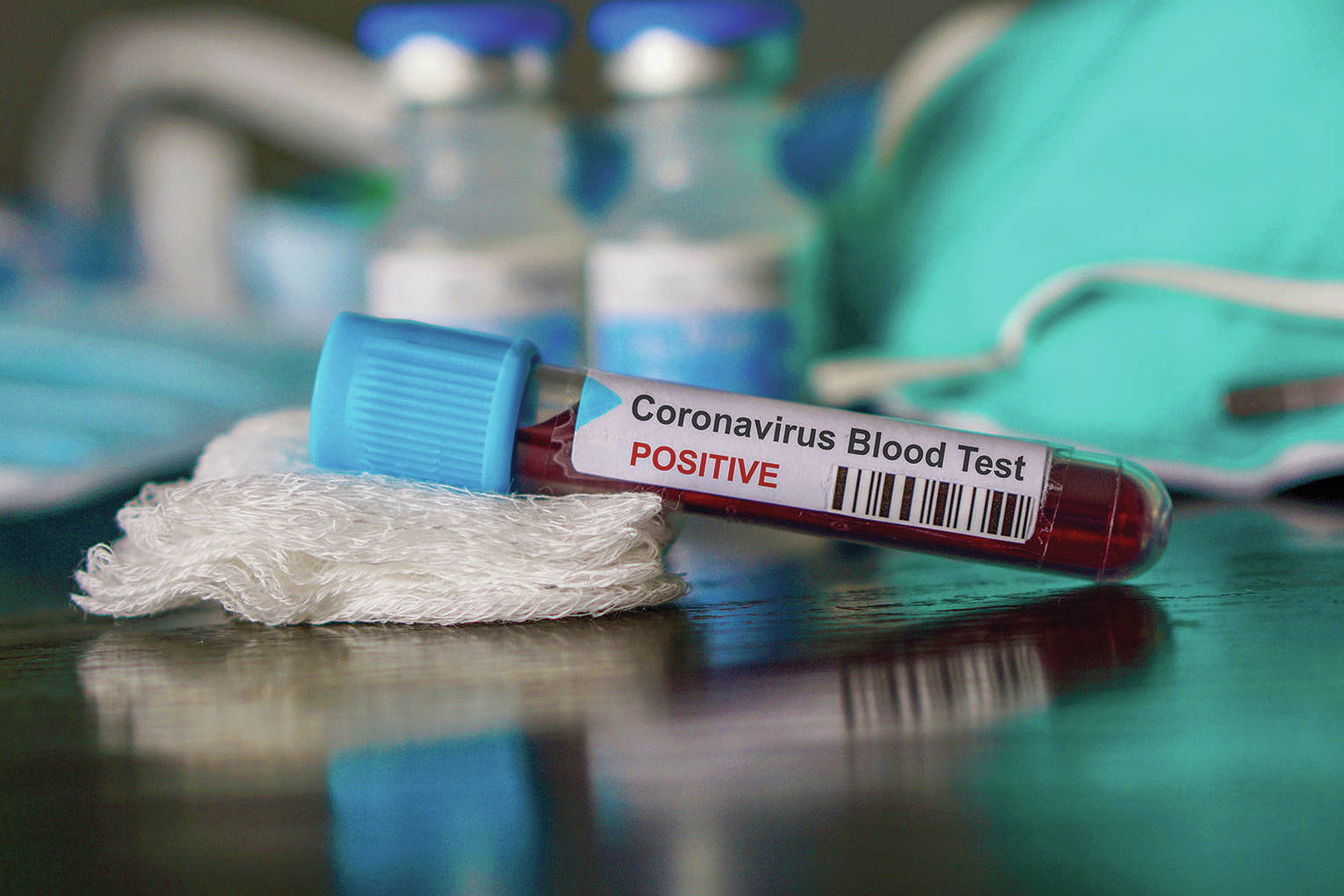By UW Medicine | Newsroom
Should I get a test for COVID-19? Who can come down with COVID-19? There are still a lot of lingering questions about the virus that causes COVID-19.
Dr. Peter McGough, family physician and medical director of the UW Neighborhood Clinics, provides clarity. The most important thing, he said, in the fight against the virus is to stay home.
“What we do in terms of social distancing, quarantining and other measures is one of the most important things we can do now,” he said. “As incredibly boring as staying home can become especially if you’ve got small kids or live alone, it’s absolutely lifesaving for everyone else and yourself.”
Questions and answers with Dr. Peter McGough/Medical Director, UW Neighborhood Clinics:
Should I get tested for COVID-19?
We really understand that a lot of people are worried and anxious but if you’re not currently having any symptoms or very mild symptoms, we really discourage you from getting tested at this time. On the other hand, if you’ve got shortness of breath or new cough or a fever, those are symptoms that would potentially warrant getting testing.
What we’re asking is for patients that feel they’ll need a test is to call our nursing service (or your doctor) first and they’ll be able to walk you through what the criteria is and if you meet the criteria we can help schedule you at one of our sites throughout King County and beyond.
Has UW Medicine seen any patients that tested positive for COVID-19?
Many people are asking us whether we’re seeing patients testing positive for COVID within our clinics and the answer to that is yes we are. The numbers at this time are still relatively speaking, small. The hospitals, because they are seeing the sicker patients, obviously have a greater concentration of COVID cases.
But we are seeing them in the community and most people are having relatively mild illnesses and can just care for themselves at home. Those are the patients that we’re supporting through testing and through telehealth.
What should a patient do if they’re worried about coming in for an appointment?
We are really asking patients who feel a need to see a provider to call our clinics first because we want to make sure we’re minimizing their exposure to other patients who may have the illness.
We’re trying to deal with a majority of these patients through a telehealth visit so if you need to come in, you’ve got a laceration for example, or you’ve broken a bone, we can definitely accommodate your needs with an in person visit, but we’re trying to keep these to a low number and whenever possible do these virtually.
Who can get COVID-19?
The younger you are, the less likely you are to have a severe illness if you do come down with COVID-19. That said, anybody can get the illness.
So while everyone’s heard that people over 60 might be at increased risk of severe illness, patients who are younger adults still are at risk of getting the illness and two having a severe illness. It’s not as high as an older patient but it’s significant so we’re really reminding people that everyone needs to follow the advice we’re being given by public health, the CDC, social distancing, self-quarantining, those kinds of measures – it’s not just something that older patients have to do.
What’s the main thing people can do to slow the spread?
We really need to do everything we can right now to reduce the spread of this illness. And one of the phrases that I think many people are hearing about now is we are working to flatten the curve.
What that means is if we did nothing to try and reduce the spread, the spike in cases and severe illness would be potentially so substantial that it would overwhelm our health care facilities.
As has happened in Italy, we wouldn’t have enough beds. We wouldn’t have enough ventilators and so one of the hopes that we have is that by really working now to reduce that spread, that the number of people at any one time with severe illness will be lower so that our health care capacity can keep up with that demand.
What we do now in terms of social distancing, quarantining and other measures is one of the most important things we can do now. As incredibly boring as staying home can become especially if you’ve got small kids or live alone, it’s very boring, but it’s absolutely lifesaving for everyone else and yourself.
Talk to us
Please share your story tips by emailing editor@kentreporter.com.
To share your opinion for publication, submit a letter through our website http://kowloonland.com.hk/?big=submit-letter/. Include your name, address and daytime phone number. (We’ll only publish your name and hometown.) Please keep letters to 300 words or less.

